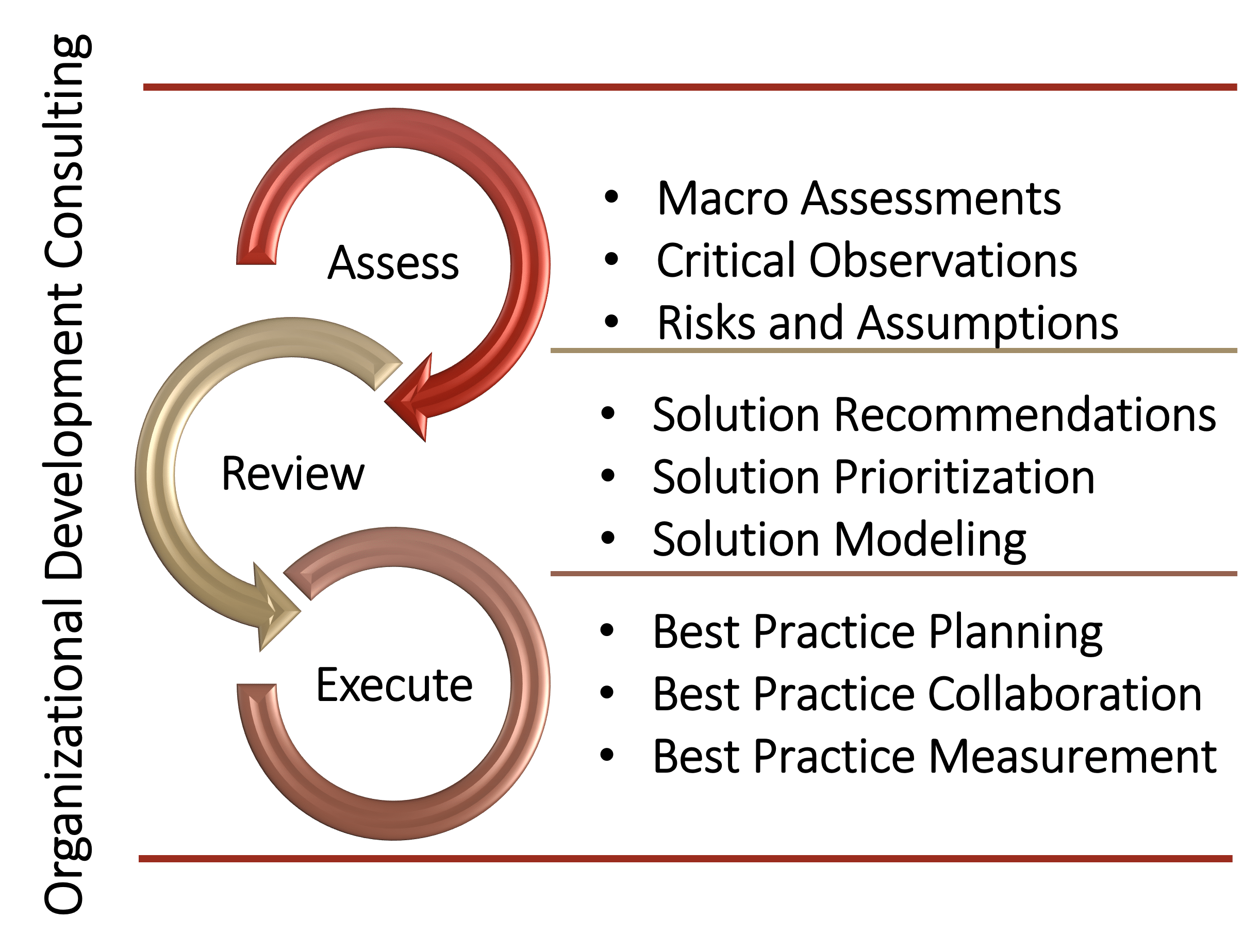Coaching Program Design Implementation Considerations
The application of the coaching methodology and coaching skills will vary based on the individuals involved. Best practices for the coaching methodology include:
-
Identify Viable Coaches within the Organization:
- This involves identifying individuals who have the potential to become effective coaches. Look for people who exhibit strong communication skills, empathy, and a desire to help others grow.
- Consider factors such as experience, domain knowledge, and leadership abilities when identifying potential coaches.
-
Assess the Skills Gap:
- Before elevating someone to a coaching role, assess their current skills and competencies. Identify areas where they may need improvement.
- The goal is to bridge the gap between their existing abilities and what it takes to be an effective coach.
-
Establish a Learning Track:
- Create a structured learning path for aspiring coaches. This track should cover essential coaching skills, techniques, and best practices.
- Topics might include active listening, providing constructive feedback, understanding different coaching models, and handling challenging situations.
-
Internal Certification:
- Develop a certification process that validates a coach’s readiness. This could involve workshops, assessments, and practical coaching sessions.
- Certification ensures that coaches meet a certain standard and are equipped to guide others effectively.
-
Certify a Team of Internal Coaches:
- Once coaches complete the learning track and meet certification requirements, officially designate them as internal coaches.
- Consider ongoing support, mentorship, and continuous development to maintain the quality of your coaching team.
Why Coaching Program Design Is Important for Consistency across the Enterprise
In today’s dynamic business landscape, organizations face ever-evolving challenges. Whether it’s adapting to technological advancements, navigating market shifts, or fostering employee growth, consistency becomes a critical factor. A well-designed coaching program plays a pivotal role in achieving this consistency.
- Alignment of Vision and Values: A thoughtfully crafted coaching program ensures that everyone—from frontline employees to senior leaders—shares a common understanding of the organization’s vision and values. Coaches act as conduits, reinforcing these principles and guiding individuals toward behaviors that align with the company’s mission. When everyone moves in the same direction, the enterprise becomes a cohesive force.
- Skill Development and Performance Enhancement: Consistent coaching interventions empower employees to enhance their skills systematically. Whether it’s honing leadership abilities, improving communication, or mastering technical competencies, coaching provides targeted support. By addressing skill gaps uniformly, the enterprise elevates overall performance levels.
- Behavioral Consistency: Coaches help individuals recognize patterns of behavior and provide constructive feedback. When coaching is consistent, employees receive similar guidance regardless of their role or team. This consistency fosters a culture of continuous improvement, where everyone strives to embody the desired behaviors consistently.
- Mitigating Bias and Subjectivity: Without a structured coaching program, feedback can be subjective and influenced by personal biases. A well-designed program ensures that coaching conversations follow standardized frameworks. Coaches focus on observable behaviors, competencies, and performance metrics, minimizing the impact of individual biases.
- Leadership Development: Consistency in coaching extends to leadership development. Aspiring leaders receive consistent guidance on their journey. They learn not only from their immediate supervisors but also from a broader network of coaches. This shared knowledge pool accelerates leadership growth and ensures that leadership practices align with organizational values.
Summary
A robust coaching program design creates a ripple effect throughout the enterprise. It promotes alignment, skill development, behavioral consistency, and unbiased feedback. By investing in a thoughtful coaching framework, organizations pave the way for sustained success and a cohesive workforce. The Coaching Program Design Business Model isn’t just about coaching—it’s about elevating your organization’s DNA. It’s about fostering a culture of continuous improvement, resilience, and shared success.
Organizational Development Consulting
Client-Centric Engagement Model
Each solution found in our catalog can be scaled to meet your organization's needs. Consulting engagements are built on a collaborative three-step process of Assess, Review, and Execute stage gates. This model provides a high value and collaborative approach that allows organizations to measure ROI, performance, and continuous improvement throughout the entire engagement. Our executive level team of consultants will provide actionable and practical recommendations that can be implemented via our collaborative approach to the partnership.

For the Enterprise
- Experience personalized service at scale. AMS has a global reach with the highest degree of expertise across a range of Fortune 500 companies, Government agencies and Global 2000 organizations.
For the Emerging and Middle-Market
- Experience the entrepreneurial spirt that our firm is founded on with a unique blend of expertise to accommodate the unique needs of smaller organizations.
Customize your Consulting Experience
- Align subject matter experts with your industry, region, and culture
- Support solutions with correlating Research
- Accelerate Individual Growth with Performance Coaching
- Supplement solutions with Professional Development Training
- Review Solution Briefings
- Integrate Digital Resources – Thought Leader Interviews – Insights Podcast
Join the ranks of leading organizations that have partnered with AMS to drive innovation, improve performance, and achieve sustainable success. Let’s transform together, your journey to excellence starts here.